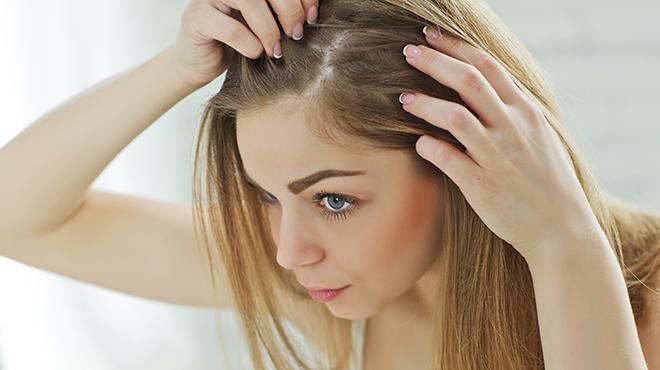
Fine hair is often naturally quite hard to deal with but when you add in the oil factor, that difficulty is elevated. With thin oily hair, the build-up of natural oils produced by glands in your scalp may weigh your hair down leaving it looking lifeless and dirty all the time. On top of that, it will make styling more difficult as well. So how do you treat your hair to decrease the natural oils that are being overproduced by your scalp?
In this article, we are going to discuss some of the considerations you need to think about when buying the right hair products as well as why the right shampoo is so very important. If you are looking for more in-depth information you should definitely check out this website. But before you do, let us break down a few key points.
Product Considerations
No matter what hair issues you are dealing with you should always pay close attention to what products you are using. Using the wrong products for the wrong hair condition can lead to further issues and even damage. So, check out some things that you should really think about when picking up that shampoo, conditioner or styling product.
Shampoo
So, the first thing to know is that if you are dealing with oily hair many dermatologists say that it is perfectly fine to wash your hair daily. Looking for a shampoo designed to revitalize your scalp or even specifically designed to treat oily hair is the first step. Look for gentle cleansing shampoos or those that have activated charcoal, or even try a dry shampoo.
You also want to stay away from heavy creamy shampoos. You may want to look for shampoos that have ‘volume’ or ‘frequent wash’ somewhere on their label. These are all great options. If you are looking for more natural remedies you can look for shampoos that include green tea, coconut oil or even honey.
Conditioner
For normal-oily hair, you want to buy a conditioner that is not too heavy. Conditioners that are heavy can add more weight to your hair and make it look even more oilier than it is. Looking for a conditioner that has some of the natural ingredients from above could be a great way to start and then look for conditioners that are designed to treat oily hair.
Styling Products
When you are looking through the styling products available you will want to look for those that have ‘oil-free’ on their label.
Why Choosing the Right Shampoo is Important
Choosing the right shampoo is important for many reasons. The biggest thing is that making sure your shampoo is designed for your hair can help decrease the risk of things like dandruff, scalp odor, or even simple irritation. This, in turn, will lessen your body’s reaction, which is natural, to begin producing more natural oils to combat these issues.
Tips for Thin Hair
So now you understand how to choose the products to deal with your thin, oily hair we thought we’d give you a few extra tips that may help you out even more:
- With thin, oily hair you should try not to apply styling products to close to the scalp. This will keep some life in your hair and avoid oil build-up
- You should also refrain from using conditioner on your scalp. Often this keeps oil locked in and gives your hair an even oiler look
- You can wash daily but if possible, try not to. Your hair needs its natural oil
- Though you shouldn’t use conditioner on your scalp your thin hair needs it to keep from ending up dull and tangled
- Make sure that before you apply any shampoo to your scalp that you have made sure your hair is completely wet otherwise you will not be getting as thorough of a clean as you think you are — which can lead to oil build-up
Final Thoughts
When looking at what shampoo is best for thin, oily hair, the ideal product would be a lightweight, gentle cleansing formula that will help decrease the oil build-up that is caused by your body’s over-production of sebum. If you follow the guidelines that we have outlined above for you, you will be able to find the perfect shampoo for your hair care needs and say goodbye to thin, brittle, oily hair and hello to luscious, strong, shiny hair every day!
